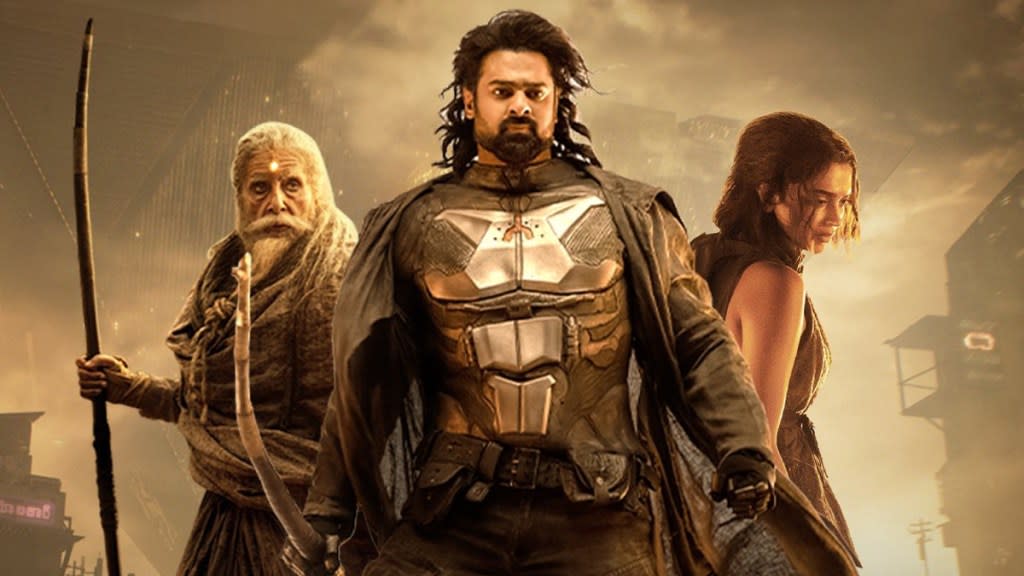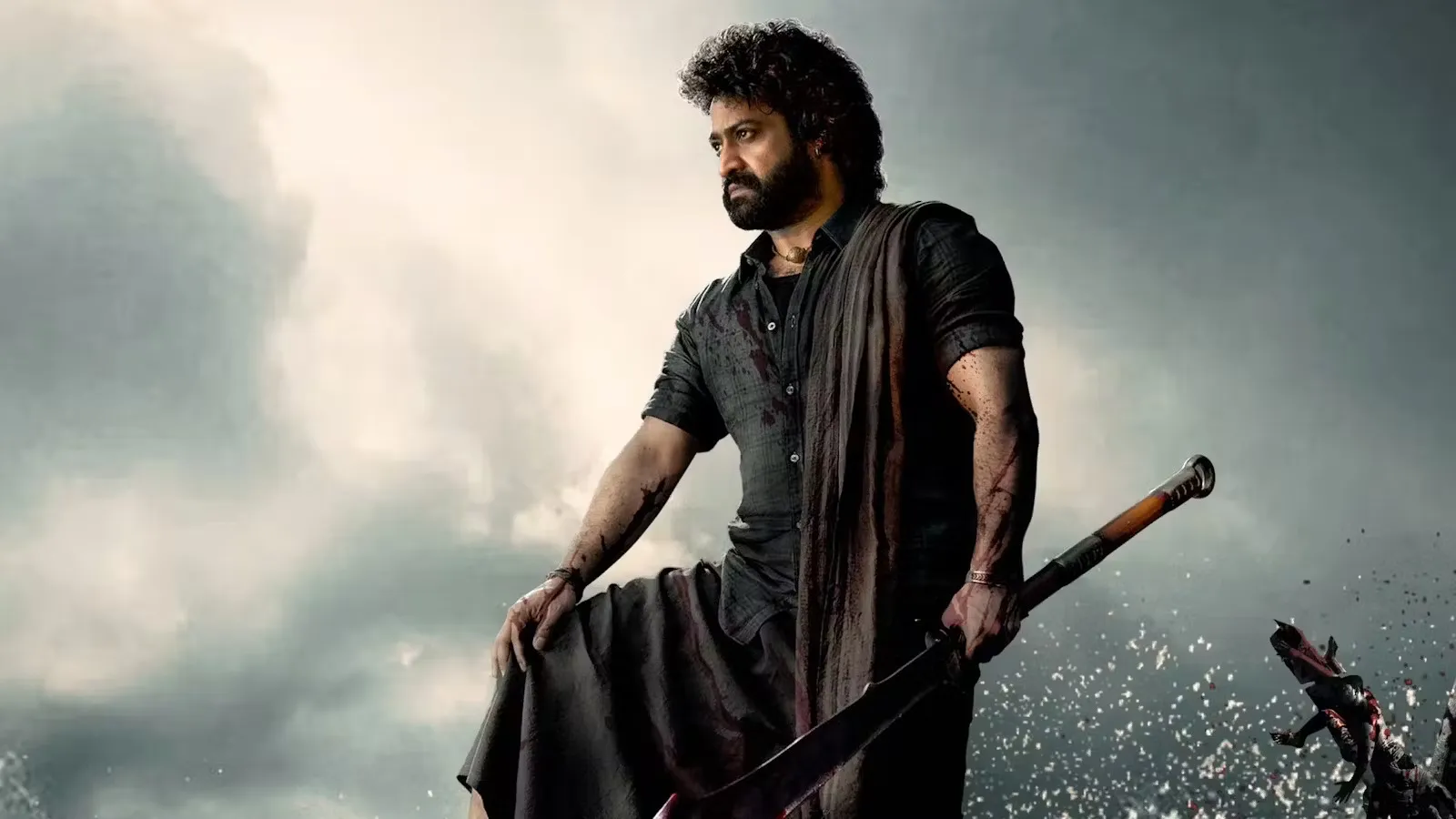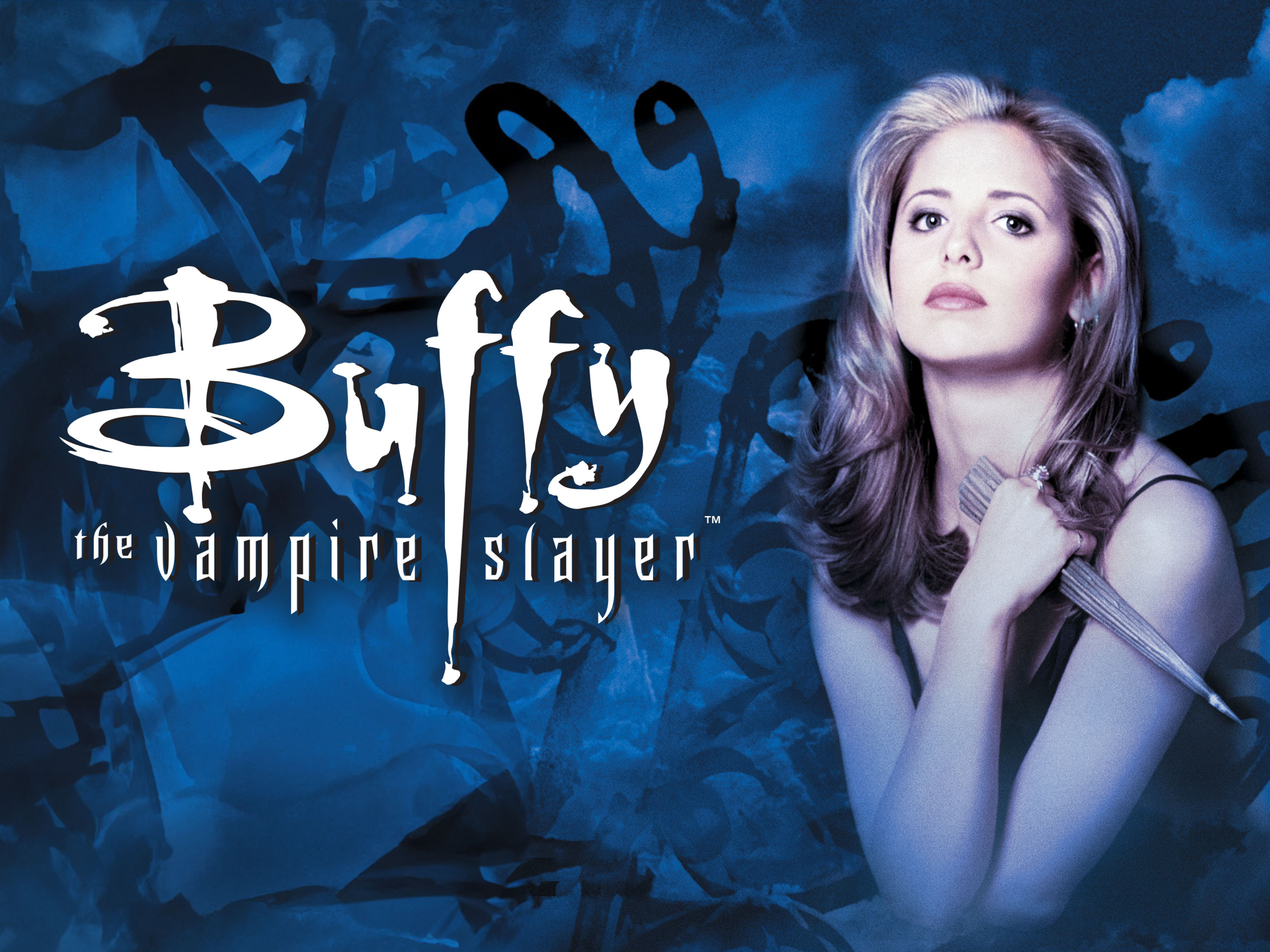Streaming
Review of Black and White Spoon on Netflix
Netflix’s Black and White Spoon is a Korean culinary competition series that seamlessly blends artistry, culture, and high-stakes drama into an unforgettable viewing experience. From its sleek production values to its deeply emotional storytelling, this show offers more than just tantalizing dishes—it serves a heartfelt exploration of culinary passion and perseverance.
The series pits contestants against each other in a dual-themed format where they must create dishes inspired by opposing concepts—light versus dark, sweet versus savory, or tradition versus innovation. This premise challenges the chefs’ creativity while providing viewers with visually stunning plates and fascinating backstories about Korean cuisine and its global influences.
The judges are a mix of culinary experts, celebrity chefs, and cultural critics, each bringing a unique perspective. Their feedback is sharp, insightful, and, at times, surprisingly emotional, further heightening the tension.
What sets Black and White Spoon apart is its emphasis on storytelling through food. Each episode dives deep into Korean culinary heritage, intertwining it with personal anecdotes from the contestants. Dishes are not merely judged on technical precision but also on the emotional resonance they evoke. For instance, a simple kimchi stew becomes a tribute to family ties, while a modern take on bibimbap showcases the fusion of tradition and innovation.
The cinematography deserves special mention. Every shot of sizzling grills, delicately plated meals, and reactions from the judges feels like an art piece. The pacing, however, can sometimes feel uneven. While the personal stories add emotional weight, they occasionally overshadow the cooking itself, leaving food enthusiasts craving more behind-the-scenes action in the kitchen.
Black and White Spoon is an inspiring and visually rich series that celebrates the art of cooking and the complexities of Korean cuisine. Its emotional depth and cultural insight make it a standout in the crowded genre of food competition shows, though slightly better pacing could elevate it further.
This is a must-watch for foodies, fans of Korean culture, and anyone who loves the blend of artistry and competition in culinary storytelling.
Final Rating: ★★★★☆ (4.5/5)
Streaming
Salaar: Part 1 – Ceasefire

directed by Prashanth Neel, brings a bold and gritty spectacle to the big screen, marking a triumphant return for Prabhas in an action-heavy role. Known for his high-energy, raw style (seen in KGF), Neel continues his signature approach here, blending intense action scenes with grandiose settings reminiscent of epic sagas like Game of Thrones. The film revolves around Deva (Prabhas), a powerful yet calm figure with a complex past, and his involvement in a politically charged power struggle with Prithviraj Sukumaran’s character Varadha. This layered storyline introduces us to the fictitious city of Khansar, where betrayals and power dynamics keep viewers on edge.
Critics generally appreciate Prabhas’s magnetic performance, noting that he captures the larger-than-life heroism he’s celebrated for since Baahubali. His portrayal, paired with intense fight choreography, keeps the audience engaged, particularly during standout sequences that elevate the film’s dramatic intensity. Prithviraj’s character as Deva’s friend adds an intriguing dynamic, though Shruti Haasan’s role feels underused. While fans of action-packed cinema and Prabhas’s iconic style will enjoy the exhilarating visuals and powerful cinematography, some critics feel the plot loses momentum in the second half, with multiple subplots that dilute its emotional depth. The story is intentionally left open-ended, setting the stage for Salaar: Part 2.
Overall, Salaar is an ambitious action film that will satisfy fans of Prabhas and high-octane spectacles. However, those seeking a tight narrative or deep emotional connections might find it lacking. I’d rate it 3.5 out of 5 stars—a solid experience for action enthusiasts, with room for a more focused storyline in its sequel.
Streaming
Review of Kalki 2898 AD on Netflix

Review of Kalki 2898 AD on Netflix
Rating: (4/5)
Kalki 2898 AD, directed by Nag Ashwin, is a visually ambitious sci-fi film featuring an ensemble of Indian cinema legends, including Prabhas, Amitabh Bachchan, and Deepika Padukone. The film is set in a dystopian future with a storyline that weaves mythology and science fiction, creating a unique cinematic experience for viewers.
The film’s narrative unfolds in a futuristic society where technology and ancient themes intersect. It begins with an immersive setup that introduces us to Prabhas’ character, Bhairava, who grapples with complex moral and existential questions in a world marked by political and ethical turmoil. Although the pacing can feel slow in parts, especially as it establishes the mythological underpinnings, the intensity and scope build significantly as the story progresses.
One of the most captivating aspects is the stunning visual effects. The production team, with a budget reportedly over 400 crore INR, utilized advanced CGI to craft expansive landscapes, dramatic space battles, and futuristic cityscapes that resemble scenes from Hollywood sci-fi giants. The action sequences, particularly those featuring Bachchan, stand out with their thrilling choreography and careful dramatic build-up. These sequences balance between traditional Indian cinema stylings and Hollywood’s polished sci-fi tropes.
While Kalki 2898 AD relies heavily on genre conventions, it manages to bring a fresh twist by blending mythological symbolism with modern sci-fi elements. However, some may find the film’s narrative occasionally predictable, and the focus on visual spectacle occasionally overshadows character development. Yet, the powerhouse performances from the lead cast, particularly Bachchan and Padukone, provide the emotional depth needed to keep audiences engaged.
In summary, Kalki 2898 AD is an impressive venture into the sci-fi genre for Indian cinema, successfully balancing myth with high-tech fantasy. While not without flaws, it’s an enjoyable and bold cinematic experience that’s worth a watch for fans of both Indian mythology and science fiction.
Streaming
Movie Review: Devara Part 1 (Streaming on Netflix)

Devara Part 1 dives deep into the heart of coastal India, merging high-stakes action with rich, emotional storytelling. Directed by Koratala Siva, this movie delivers both visually arresting cinematography and a gritty, dramatic narrative that examines the impact of power, loyalty, and revenge. The film stars Jr. NTR as Devara, alongside Saif Ali Khan and Janhvi Kapoor, both in pivotal roles. With its mix of action, suspense, and drama, Devara has quickly become a must-watch on Netflix.
The film is set in a fictional coastal region, where Devara, played by Jr. NTR, emerges as a man caught in the crossfire of a world rife with ambition and betrayal. The narrative pivots around land issues and the power struggles within the community, which expose Devara’s journey from a common man to a feared figure within his circle. Saif Ali Khan’s antagonist is a complex and calculated character whose machinations add depth to the storyline, setting the stage for a high-stakes conflict with Devara.
The film uses classic Bollywood tropes of revenge and honor but explores them through a modern lens. Devara’s journey is marked by his raw emotional drive and relentless courage, and the character’s depth makes him a gripping protagonist. Janhvi Kapoor adds a softer, more vulnerable counterbalance as Devara’s love interest, providing relief amid the film’s intensity.
Jr. NTR shines in the title role, embodying Devara with both intensity and vulnerability. His transformation into this hardened figure is subtle and believable, allowing viewers to empathize with his struggles. Saif Ali Khan, as the antagonist, is charismatic yet menacing, bringing layers to his role that make him much more than a standard villain. Janhvi Kapoor, while not the primary focus, delivers a grounded performance, effectively conveying the emotional depth needed in a film as intense as this.
One of the strongest elements of Devara Part 1 is its cinematography. Siva and his team bring the coastal setting to life, with expansive shots that capture the rugged beauty of the region. Each scene is meticulously crafted to capture the landscape’s natural colors and textures, lending authenticity to the story. The high-quality production value, along with the tight pacing and impressive action sequences, ensures that the audience remains engaged from start to finish.
Korotala Siva’s direction keeps the narrative’s emotional core intact while focusing on action and drama. The way he layers tension and reveals character motives adds a degree of realism rarely seen in mainstream cinema.
At its core, Devara is about the moral complexities that arise when survival and loyalty collide. It tackles themes of power, corruption, and revenge, all within a tightly woven plot that never strays too far from the human element. The film also dives into social issues, shedding light on the systemic corruption affecting the lives of ordinary people in coastal India. Devara’s journey is one of self-discovery and confrontation with societal norms, and this depth keeps the film compelling beyond its action sequences.
The film also sets up exciting possibilities for Devara Part 2, hinting at an even deeper exploration of these themes, as the stakes rise and alliances shift.
Devara Part 1 combines strong performances, beautiful cinematography, and a gripping storyline. While it does lean on some familiar tropes, the story’s authenticity and Siva’s nuanced direction make it a worthwhile watch. The movie’s pacing, engaging plot twists, and character-driven drama make it hard to turn away.
Rating: 4.3/5 Devara Part 1 is a compelling drama that balances action and emotion, making it a standout in Netflix’s lineup. It’s perfect for viewers looking for a powerful storyline mixed with well-executed action. Highly recommended for fans of Bollywood cinema and anyone who appreciates stories with moral complexity.







